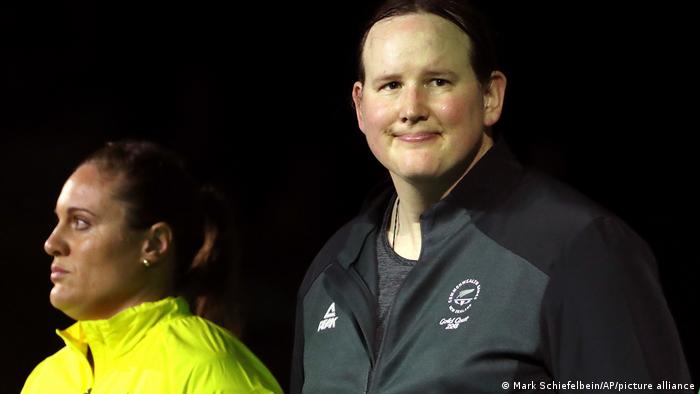A new report suggests that the majority of Britons are against so-called trans women competing in female sports.
5,000 people were questioned by the More In Common think-tank. Only 19% were in favour of allowing trans athletes compete with women. 57% said that biological males should not compete with females.
According to The Times:
The report found consistent opposition to biological males in women’s sport in every group surveyed, even among groups who backed transgender inclusion in other parts of public life.
The think tank convened 20 focus groups across the country and said it wanted to highlight the common ground in a “toxic” policy area.
The organisation was set up by Brendan Cox, widower of the murdered MP Jo Cox, after her death in 2016. Its name is a reference to her maiden speech in parliament in which she said: “We are far more united and have far more in common than that which divides us.”
Researchers found that most people started from a point of kindness when asked about trans rights. They were happy to use preferred pronouns, but some did not want to be shouted at for inadvertently using the wrong one.
Support for trans women using women’s lavatories and changing rooms depended on whether they had undergone gender reassignment surgery.
Those who had were twice as welcome in single-sex spaces as biological males who identified as women. But it was the question of sport that proved to be the “red line”.
“This is not for any ideological or philosophical reason, but a simple instinct for fairness,” the report said.
“That men have physical advantages over women means that for very many people the inclusion of trans women in women-only sports is not fair and will lead to an uneven competition, and in some cases may not be safe.
“Participation in sports is also the area of the debate where people are most likely to express views stridently.
“That said, even on this more contentious issue, people strive for fairness and try and reach for solutions such as events trans people can compete in.”
There was also an instinctive opposition to allowing children to pursue medical transitions they might regret, with a majority believing that physical interventions should not start below 18.

